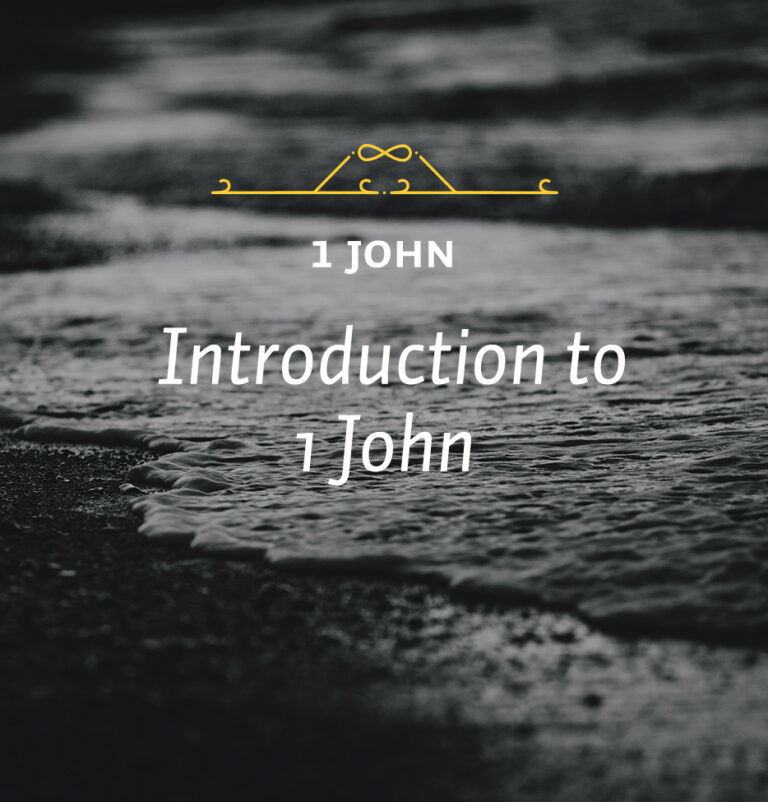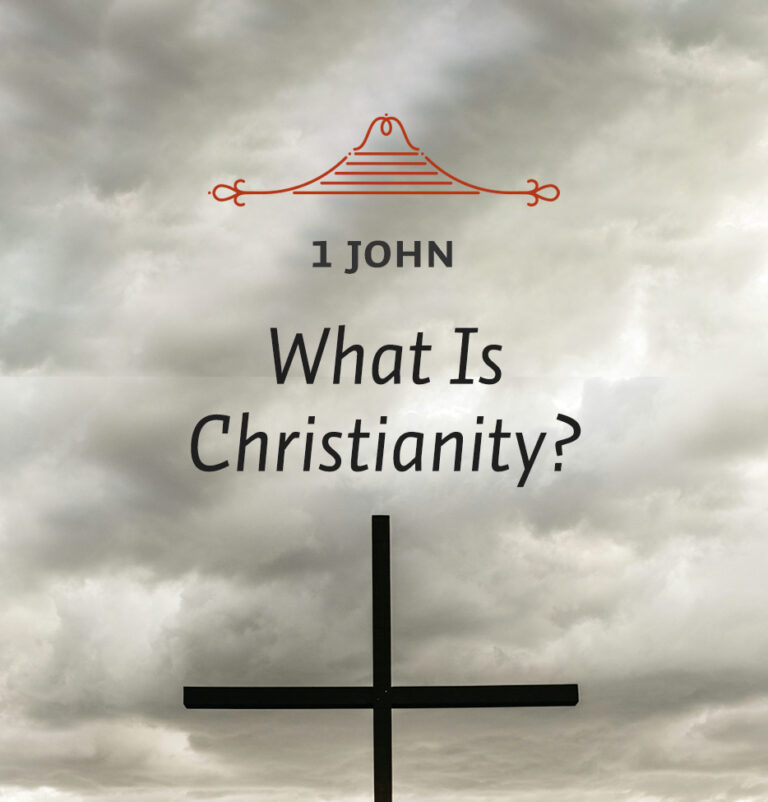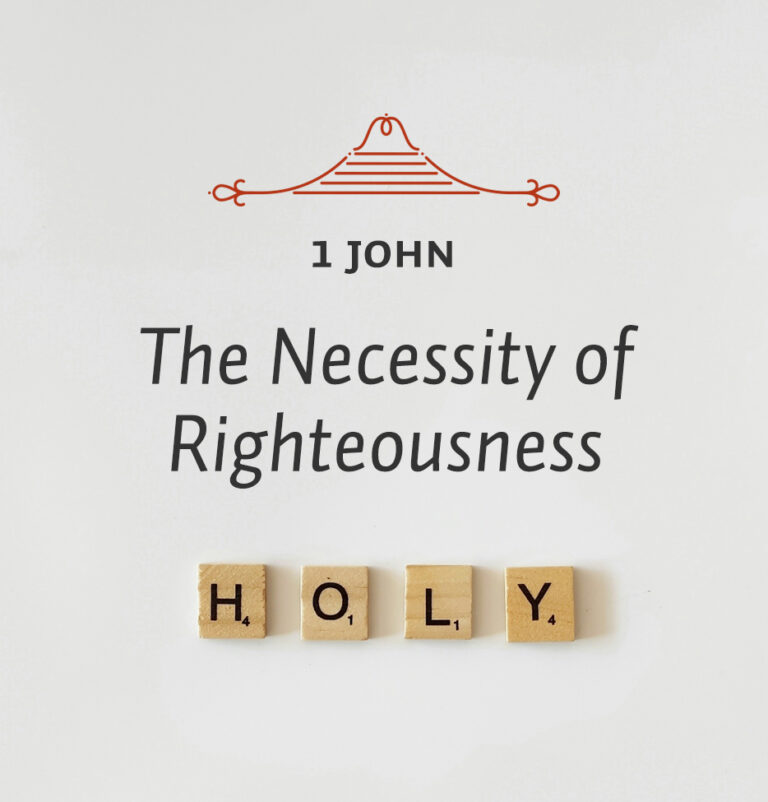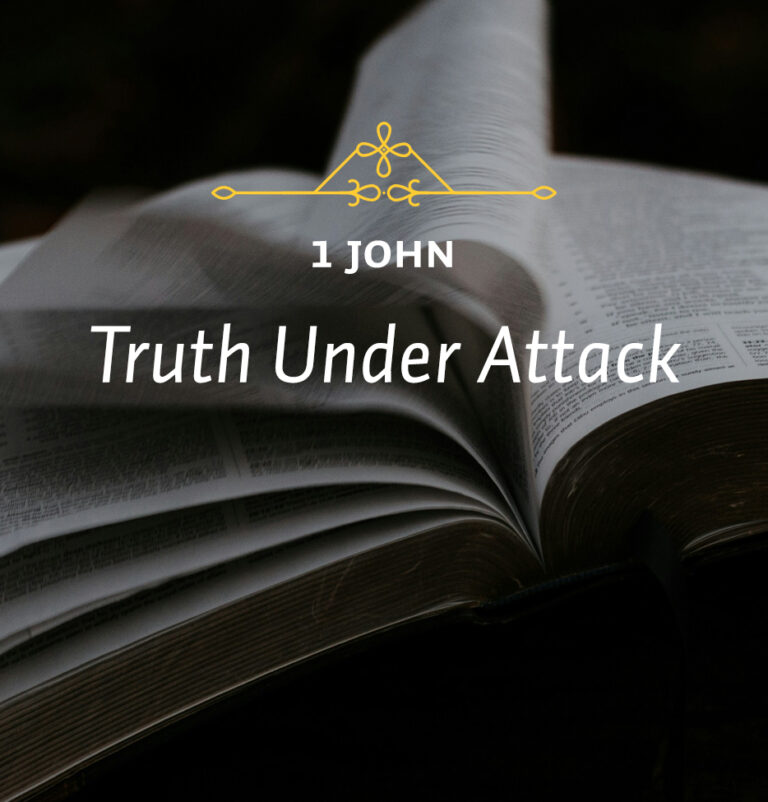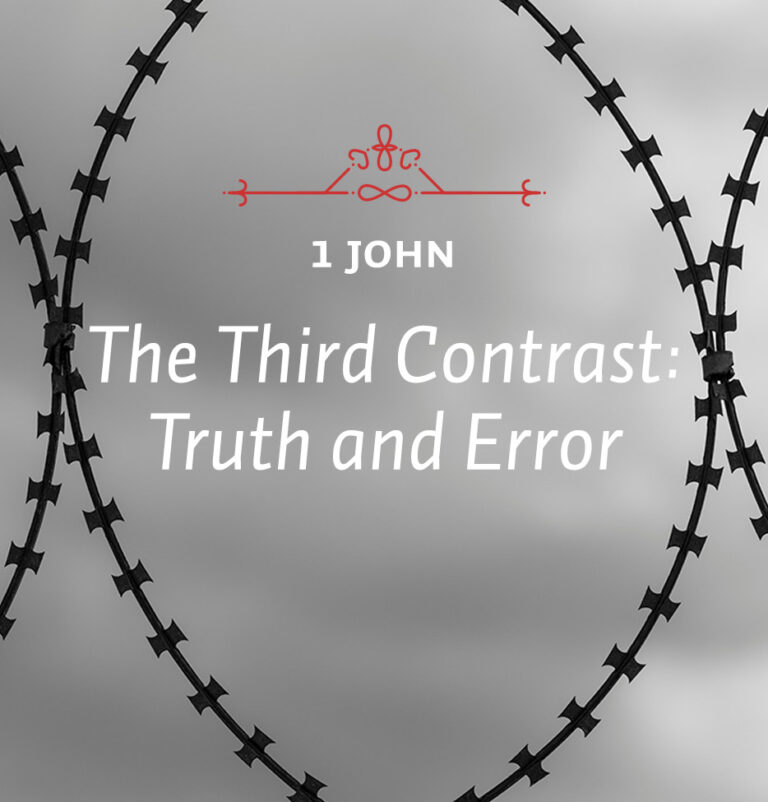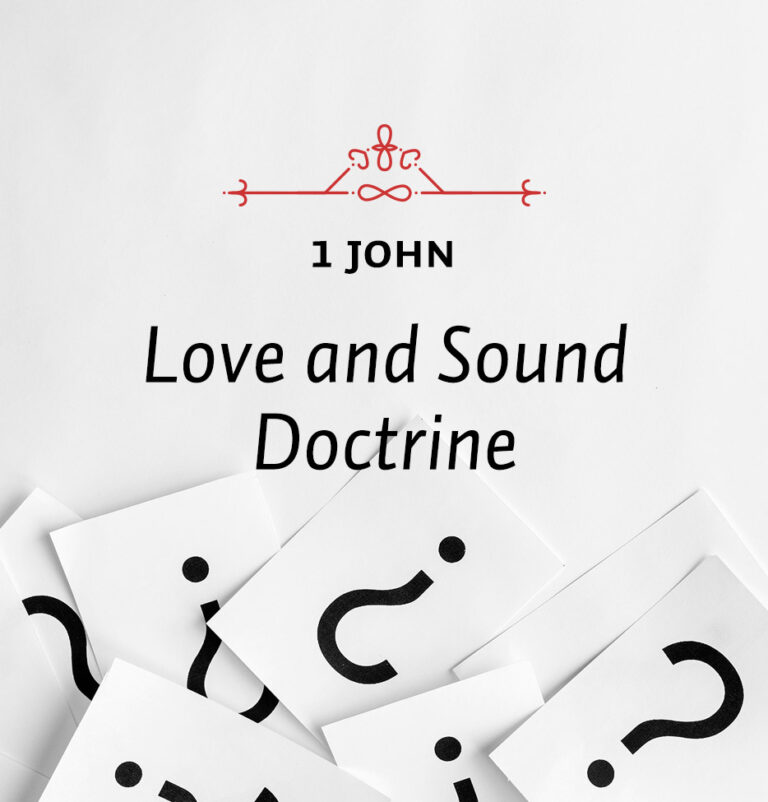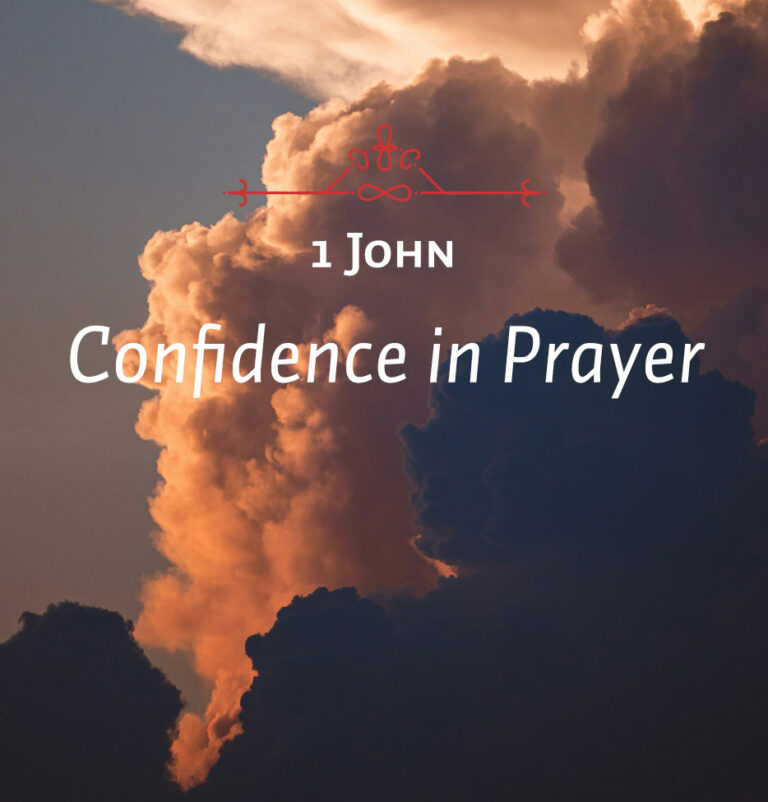Anyone who has worked with young Christians knows that often shortly after a person has believed in Christ doubts set in. The initial experience of the Christian is usually one of great joy. He had been lost in the darkness of his own sin and ignorance; now he has come into the light. Formerly he had not found God; now he has found Him. But then, as time goes by, it is also frequently the case that the new Christian begins to wonder if, in fact, anything has really changed. He thought he was a new creature in Christ, but, to speak frankly, he is really much as he was. The same temptations are present; they may even be worse. There are the same flaws of character. Even the joy, which he once knew, seems to be evaporating. At such a time the new Christian often asks how it is possible to be certain that he is saved by God. He may ask, “How can I truly know that I know God?”
